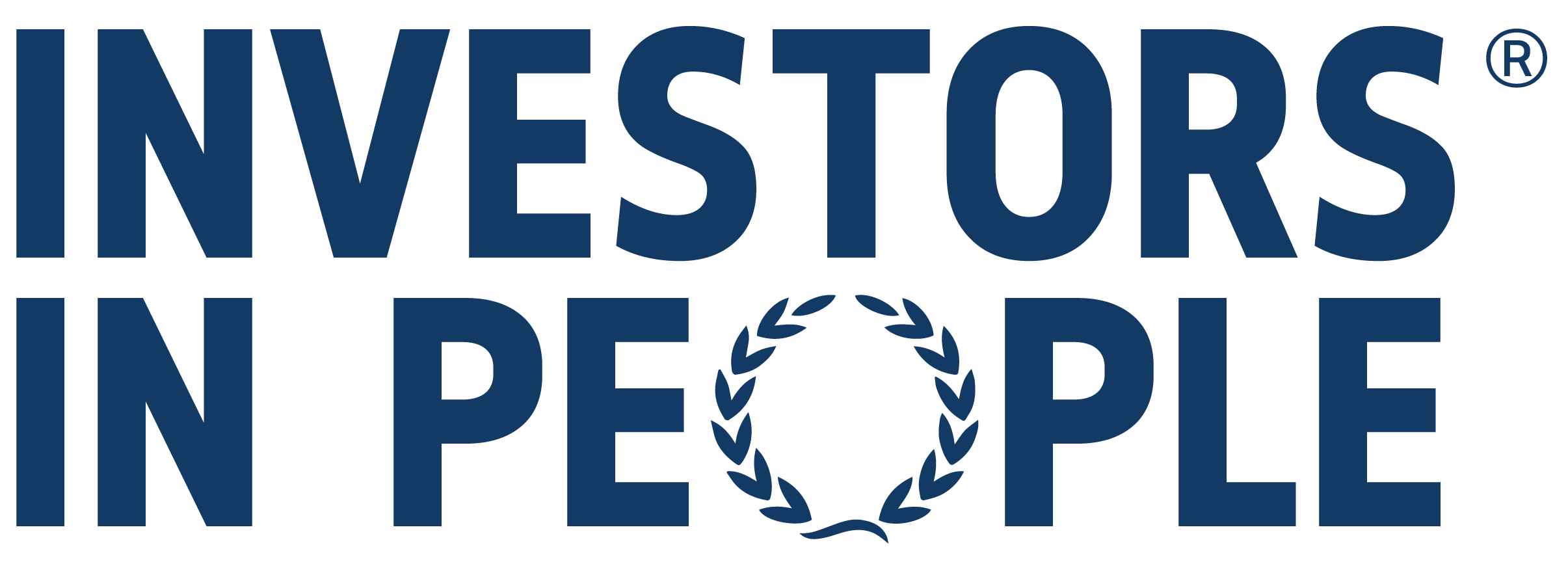Partners

Channel 4 exists to create change through entertainment. Publicly owned yet commercially funded, Channel 4 generates significant and sustainable cultural, economic and social impact across the UK – at no cost to the taxpayer.
The broadcaster’s distinctive remit is set by Parliament, and it has a role to represent unheard voices, challenge with purpose and reinvent entertainment. For 40 years, it has been a British success story, engaging generation after generation of young people.
Across its bases in London, Leeds, Manchester, Bristol and Glasgow, Channel 4 is turbocharging its efforts to find, nurture and develop talent across the UK. Through its training and development initiative 4Skills, Channel 4 is opening up opportunities in broadcasting, with a particular focus on disadvantaged young people, and addressing skills gaps across the Nations and Regions.

Investors in People have been making work better for organisations across the world since 1991. In that time, they’ve worked with over 11 million people and over 50,000 businesses. Because happy people are healthier people, and healthier people are more productive. Productive people are good for business, and in turn, society. See where they’re going with this? If you’d like more information about Investors in People, what they do and who they’re working with, visit www.investorsinpeople.com



 PI: Professor Ilke Inceoglu, University of Exeter Business School
PI: Professor Ilke Inceoglu, University of Exeter Business School

